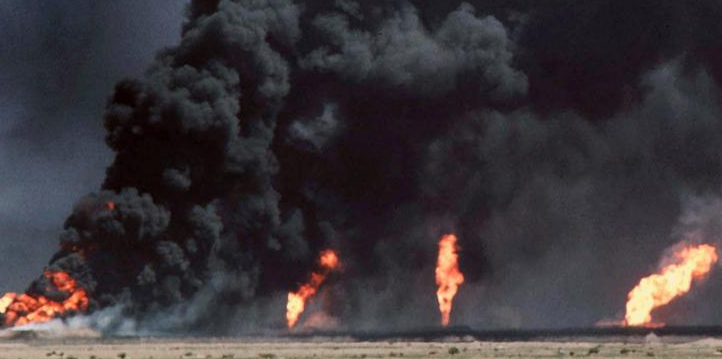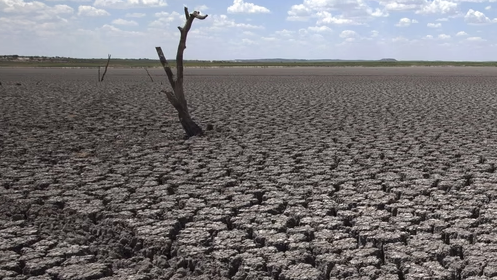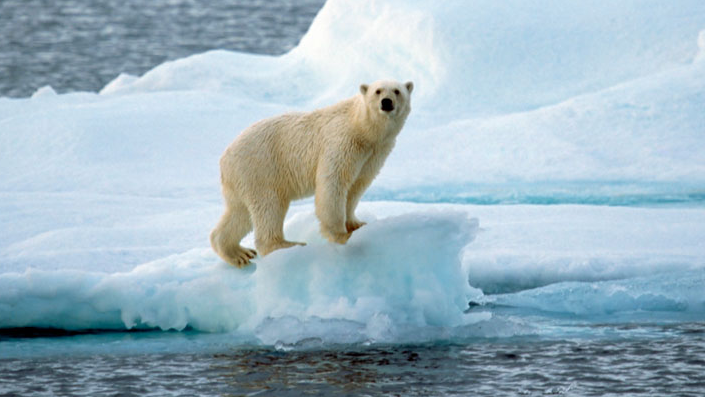Warren Buffett, often hailed as the Oracle of Omaha, stands as a titan in the world of finance and investing. His journey from a modest childhood to becoming one of the wealthiest individuals globally is a testament to his unparalleled investment acumen, unwavering principles, and remarkable foresight.
Early Life and Beginnings
Born in 1930 in Omaha, Nebraska, Buffett displayed a knack for business and numbers from a young age. He made his first investment at the tender age of 11, buying shares of Cities Service Preferred for $38 each. Even then, he demonstrated a keen understanding of the stock market’s potential and an innate ability to identify undervalued stocks.
Investment Philosophy
Buffett’s investment philosophy revolves around value investing and has been heavily influenced by Benjamin Graham, his mentor at Columbia Business School. Central to his approach is the concept of buying businesses with strong fundamentals and holding them for the long term. This patient approach contrasts sharply with the short-term focus prevalent in much of Wall Street.

Warren Buffett
Berkshire Hathaway and Wealth Accumulation
In 1962, Buffett began accumulating shares of a struggling textile manufacturing company, Berkshire Hathaway. Over time, he transformed Berkshire into a diversified conglomerate through strategic acquisitions and investments in companies such as Geico, Coca-Cola, and Dairy Queen. Under his stewardship, Berkshire Hathaway’s stock price skyrocketed, making it one of the most valuable companies in the world.
Philanthropy and Personal Life
Despite his immense wealth, Buffett is known for his frugality and simple lifestyle. He famously resides in the same modest home in Omaha that he purchased in 1958. Buffett, along with his friend Bill Gates, launched the Giving Pledge, encouraging billionaires to commit the majority of their wealth to philanthropic causes. His charitable foundation, the Susan Thompson Buffett Foundation, is named after his late wife and focuses on education, healthcare, and other humanitarian efforts.
Enduring Legacy
Buffett’s influence extends far beyond his financial success. He is revered for his wit, humility, and down-to-earth demeanor. His annual letters to Berkshire Hathaway shareholders are eagerly anticipated for their insights into the economy, markets, and his timeless investment wisdom. Known for his aphorisms such as “Be fearful when others are greedy and greedy when others are fearful,” Buffett’s advice continues to guide investors worldwide.
Criticism and Controversies
While Buffett is widely admired, he has not been immune to criticism. Some argue that his investment style is overly conservative or that his preference for large, established companies may overlook opportunities in emerging sectors. Moreover, his reluctance to embrace technology stocks until relatively recently has been questioned by some analysts.
Conclusion
Warren Buffett’s journey from a young boy buying stocks to a billionaire investor and philanthropist is a remarkable story of perseverance, discipline, and a deep understanding of financial markets. His timeless principles of value investing and long-term thinking serve as a beacon for investors seeking sustainable wealth creation. As he continues to shape the financial landscape, Buffett’s legacy remains an enduring testament to the power of patience, prudence, and principled leadership in the world of finance.











